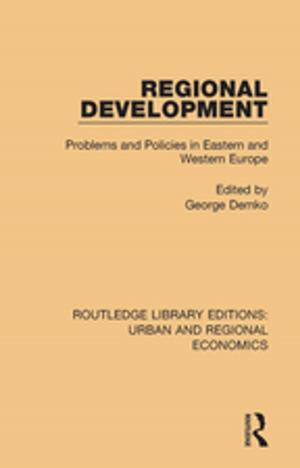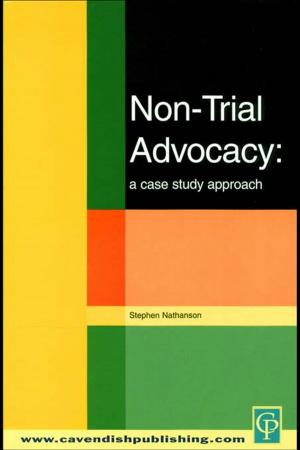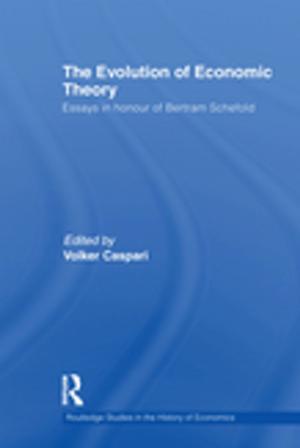Teacher Agency for Equity
A Framework for Conscientious Engagement
Nonfiction, Reference & Language, Education & Teaching, Educational Theory, Multicultural Education| Author: | Raquel Ríos | ISBN: | 9781351713979 |
| Publisher: | Taylor and Francis | Publication: | July 6, 2017 |
| Imprint: | Routledge | Language: | English |
| Author: | Raquel Ríos |
| ISBN: | 9781351713979 |
| Publisher: | Taylor and Francis |
| Publication: | July 6, 2017 |
| Imprint: | Routledge |
| Language: | English |
This book provides educators with a conceptual framework to explore and develop authenticity and agency for equity. In response to growing cynicism within the field of education, Raquel Ríos argues that in order to become authentic agents of change, teachers must take a stance of mindful inquiry and examine the role of a teacher within the broader socio-political context. By utilizing the six principles of Conscientious Engagement, teachers can expand their awareness of the power of language and thought, the complex nature our professional relationships, and how we channel energy in ways that can impede or strengthen our work for equity. Full of real-world stories and input from practitioners in the field, this book helps teachers of all levels develop the skills and confidence to grapple with tough philosophical and ethical questions related to social justice and equity, such as:
-
What is poverty consciousness and what responsibility do we owe students who come from poorer communities?
How does racist ideology impact our thinking and practice in education?
How can we tap into an evolutionary consciousness and collective purpose in order to transform how we advocate for equity?
How can we expand our professional network for the integration of new ideas?
How can teachers really make a difference that matters, a difference that extends beyond the four walls of the classroom?
This book provides educators with a conceptual framework to explore and develop authenticity and agency for equity. In response to growing cynicism within the field of education, Raquel Ríos argues that in order to become authentic agents of change, teachers must take a stance of mindful inquiry and examine the role of a teacher within the broader socio-political context. By utilizing the six principles of Conscientious Engagement, teachers can expand their awareness of the power of language and thought, the complex nature our professional relationships, and how we channel energy in ways that can impede or strengthen our work for equity. Full of real-world stories and input from practitioners in the field, this book helps teachers of all levels develop the skills and confidence to grapple with tough philosophical and ethical questions related to social justice and equity, such as:
-
What is poverty consciousness and what responsibility do we owe students who come from poorer communities?
How does racist ideology impact our thinking and practice in education?
How can we tap into an evolutionary consciousness and collective purpose in order to transform how we advocate for equity?
How can we expand our professional network for the integration of new ideas?
How can teachers really make a difference that matters, a difference that extends beyond the four walls of the classroom?















